Main Menu
Trailsplaining

Erica is a history loving, tea sipping, book reading adventurer currently calling southern Colorado home. When not writing grant applications, you can find her lost on a mountain, eating, or napping. Preferably mixing the three.
Share This Article!
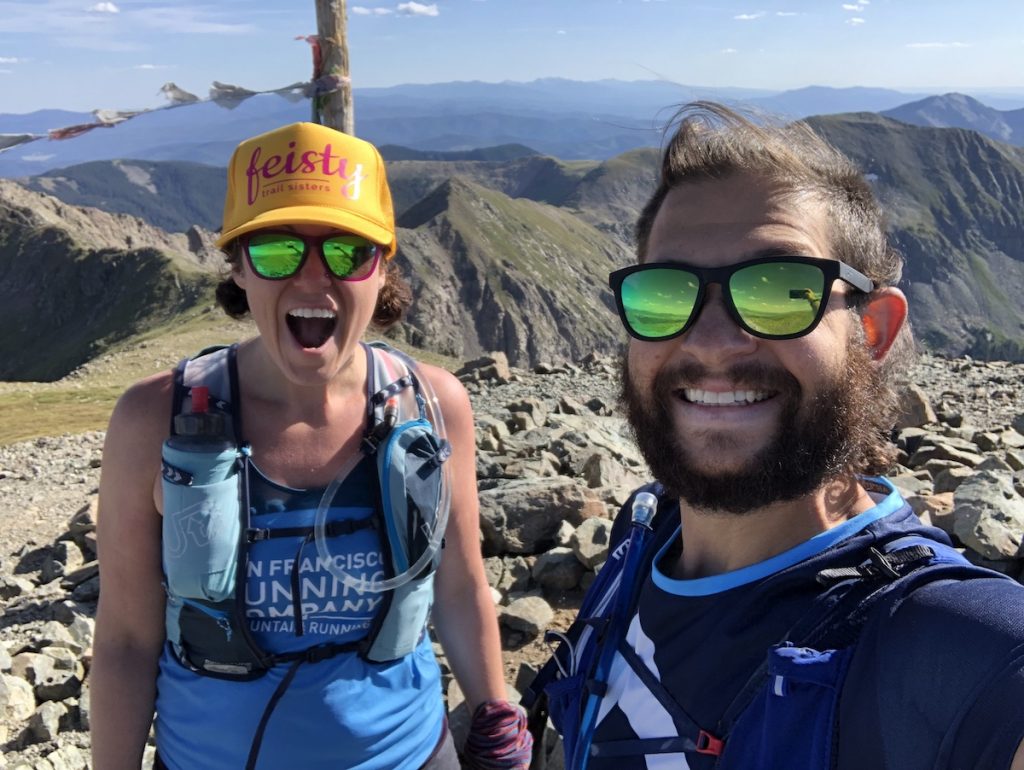
“You should carry more water than that when it’s hot out.”
“Oh, you aren’t taking in any electrolytes? Your body really needs them.” Followed by an explanation of how electrolytes work and the different options available to us as runners.
It was a 12 mile race with three aid stations along the course. The mileage coupled with 2,000 feet of elevation gain made me confident I would finish well under three hours. I actually considered carrying nothing, but I decided to carry my soft flask because I knew it was going to be hot and I wanted to have an easy and enjoyable race without risking sweating everything out before I needed water again.
When a guy caught up to me and commented on my water, I actually began to question whether I had made the right choice. Crap. Should I have worn my vest with both hydration bottles? Maybe I’m drinking it too fast. Maybe I should slow down so I don’t sweat too much.
Pushing those worries out of my mind I kept moving at my comfortable pace, letting my thoughts wander into the wilds of my trail brain. Not long after, I noticed another runner coming up behind me, poles hitting the ground with force. He slowed down and started chatting, telling me about his experience at this race the previous year. Quickly he noticed my single bottle and asked if it was just water. Next came his speech on electrolytes.
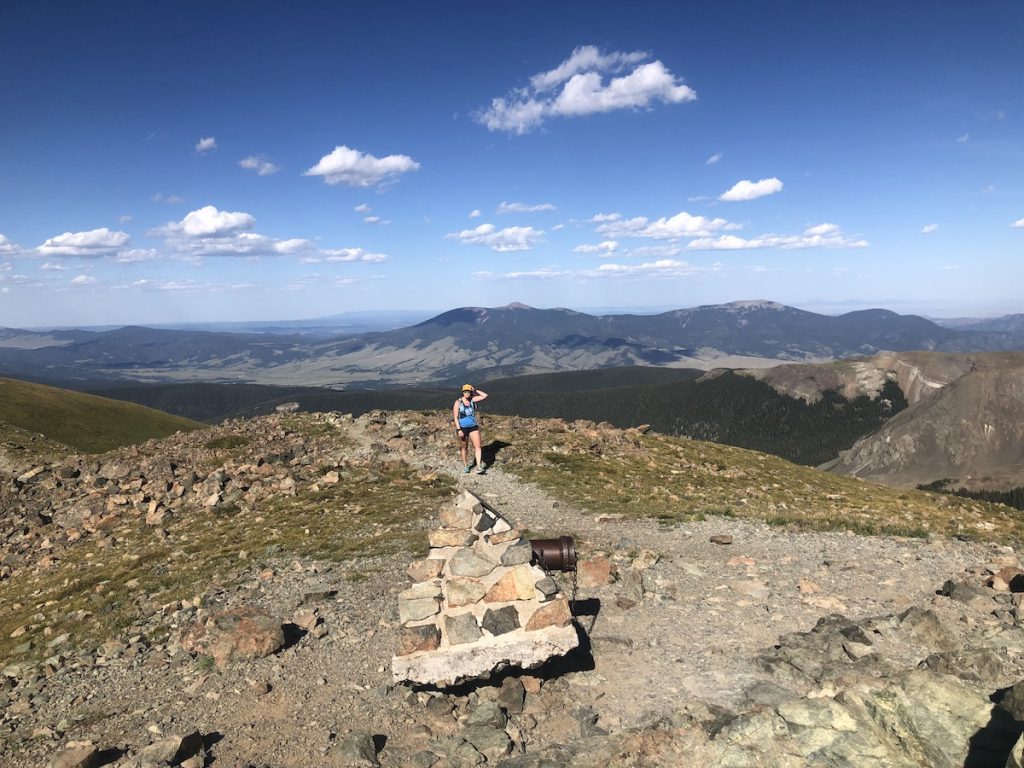
The more he talked, the more frustrated I felt receiving unsolicited advice about something I’m fully aware of. I attempted to interject that I didn’t feel the need to carry electrolytes in such a short race, automatically on the defensive. The lecture continued until I finally said, “I’m going to walk for a little bit and catch my breath.” So I walked. Not because I wanted to or I needed to, but because I felt discouraged. Two fellow runners had basically told me I was doing something wrong, and I let it get to me.
After the race I kept thinking about this and similar experiences in previous races. Would these two men have said the same thing, in the same way, to another man? Is trailsplaining something only women experience?
As good-intentioned as these men may be, and as supportive as it is, the trail running community does not somehow magically exist outside the world where women are routinely educated about something they may already know or are questioned about decisions they make based on their own experience. It feels like a setback in the push for equality and unnecessary when on the receiving end of trailsplaining. There are so many incredible Trail Sisters out there accomplishing mind blowing things and setting the bar higher for both female and male competitors, using their elite status to bring attention to the need for inclusivity and equality in our sport. But you don’t have to be an elite runner to call out trailsplaining.
Why should we have to feign the needing to walk to get out of a conversation, or feel as though we need to defend decisions made about our own race to a complete stranger? Why should we feel discouraged, or worse, allow something like this to affect our race? We shouldn’t.
So here are some tips we could all use to better handle trailsplaining in the moment. Let’s start tackling this issue together by kindly letting well-meaning trailsplainers in on our biggest secret and our greatest strength: We know exactly what we’re doing out there and we’re kicking ass doing it.
- Talk about your own experience using specific details: “Oh yeah, I was bonking hard at mile 34 of my last 50 miler and tried that gel brand for the first time. It worked really well for me and I’m happy it works for you, too!” This may be passive aggressive but hopefully it will curb the chat from explaining to equal discussion.
- Show don’t tell: If you have the education and knowledge, engage in the discussion by taking it beyond the basics to demonstrate that you do. Use that med school education without specifically saying that you’re a doctor. Throw out your knowledge of chemical processes within the body without telling them you’re a chemistry professor. Talk about the biomechanics of gait analysis instead of telling them you’re a coach and researcher. Blow their mind with your big beautiful brain!
- Be straightforward: “I appreciate your advice, but I know what works best for me and that’s why I’m just carrying this one bottle of water. I have a pretty good estimate of my finish time and, honestly, even carrying this bottle is probably overkill. I’m doing me, you keep doing you!” This is a hard one for many of us, but l know you’re super confident in your own abilities, experience and expectations for yourself.
- Dust ‘em! This one may not be the easiest or always appropriate, but turn on the speed and just barrel up that hill. This one is especially fun when the conversation is more on the condescending side and doesn’t feel so well intentioned. There is no need to explain it, just a quick “good to meet you” and nonchalantly pull away. The runner may be left wondering what just happened but you’ll be assuring them that you’ve got this.
- Keep sharing your experiences with your Trail Misters. They aren’t always aware that there’s an issue until it’s been brought to their attention.
And what can Trail Misters do? Listen. Listen not only to the women but to yourselves. Think about the way you present information. Ask questions and share the conversation. Share your experience and what works for you when appropriate. Keep assumptions off the trail, and if you experience trailsplaining, use the above tips. Just because trailsplaining may be primarily the experience of women, that doesn’t mean that it is solely the experience of women.
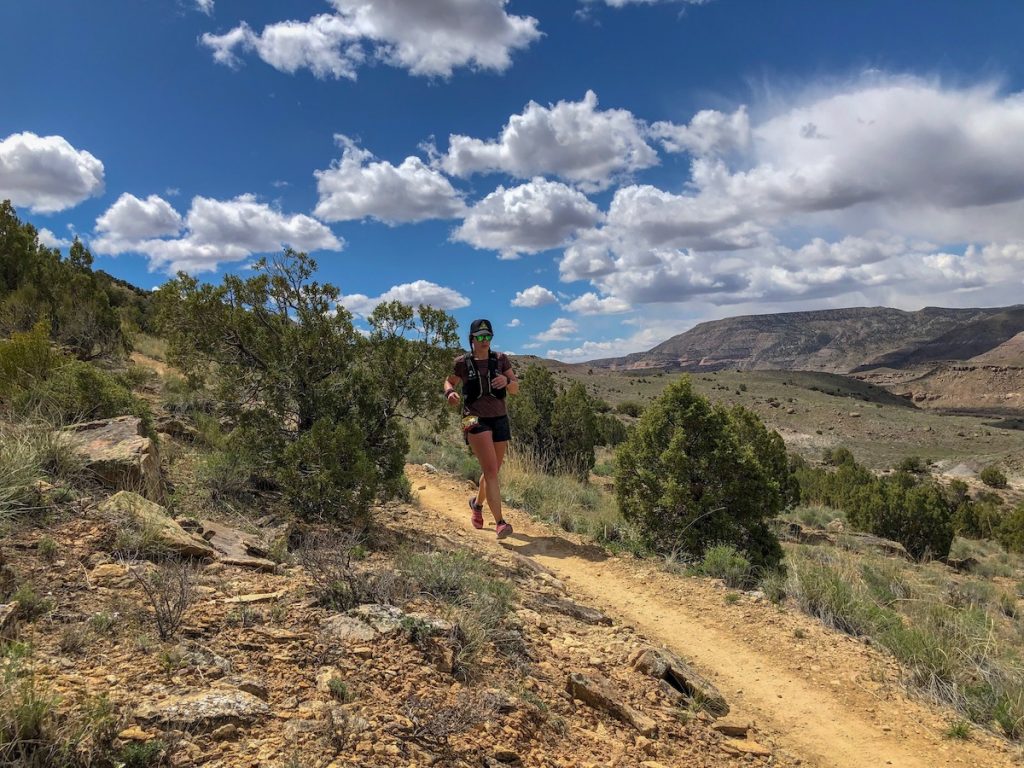
This is truly a bizarre sport we’ve come to love. We share miles, we high five and hug, we are vulnerable with each other, we run into the night hallucinating together, we smile and we curse and we cry. But no one wants to be made to feel like they may not belong or that they aren’t doing it quite right. The trail doesn’t care about our fueling strategy or what our preferred brand of shoe may be. It challenges us all to be our best selves. We have to look out for each other and push one another. Equally.
About the Author

Erica is a history loving, tea sipping, book reading adventurer currently calling southern Colorado home. When not writing grant applications, you can find her lost on a mountain, eating, or napping. Preferably mixing the three.
Share This Article!

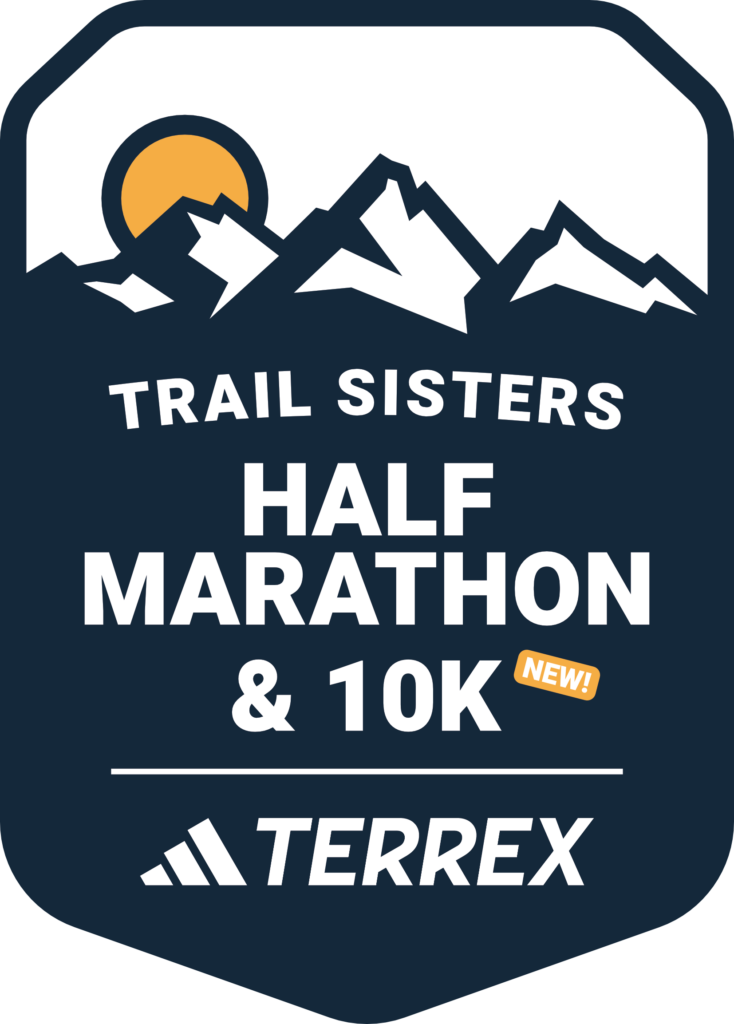
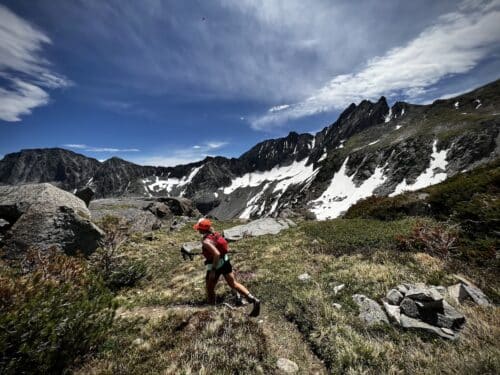
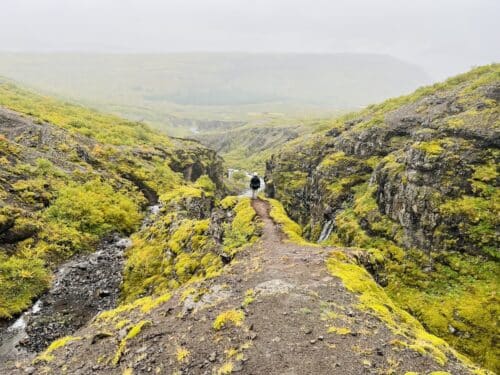

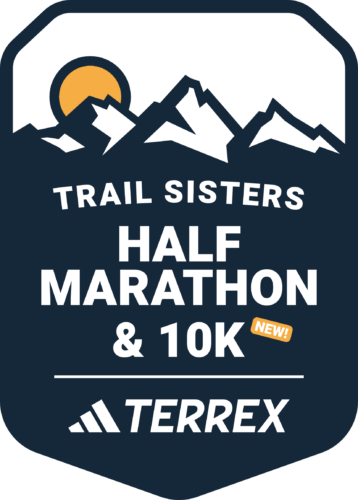
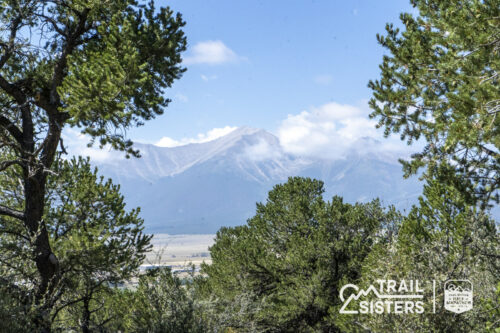
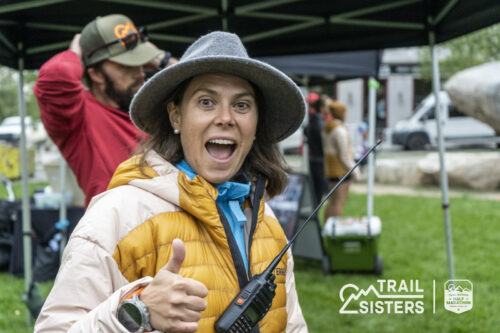
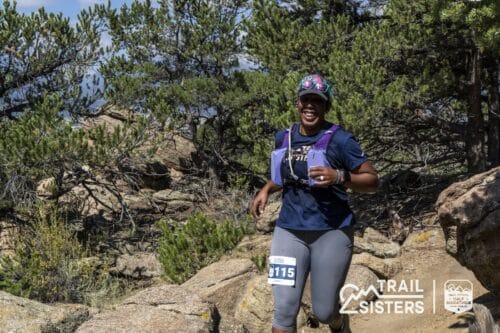
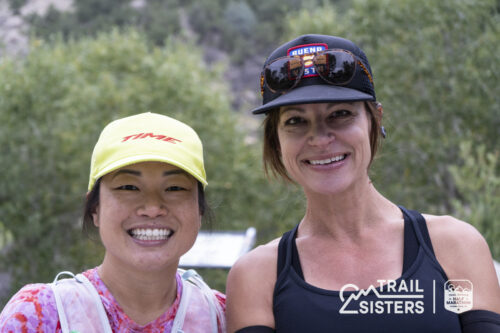
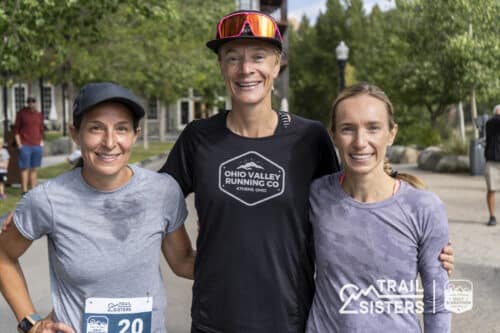
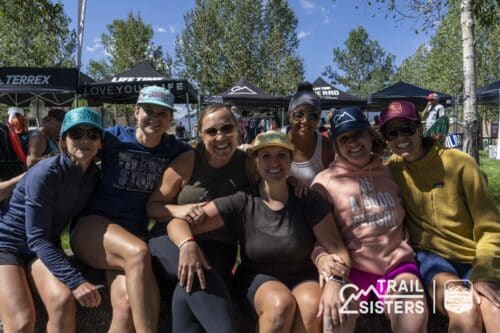
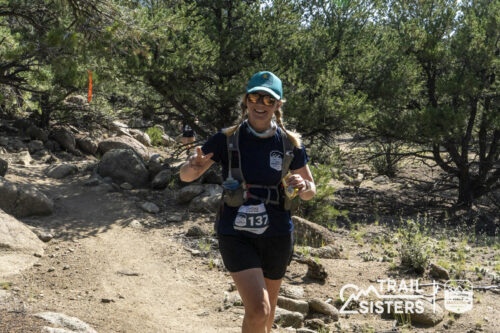
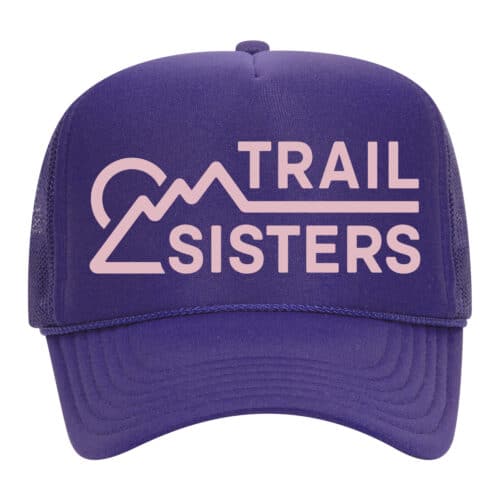
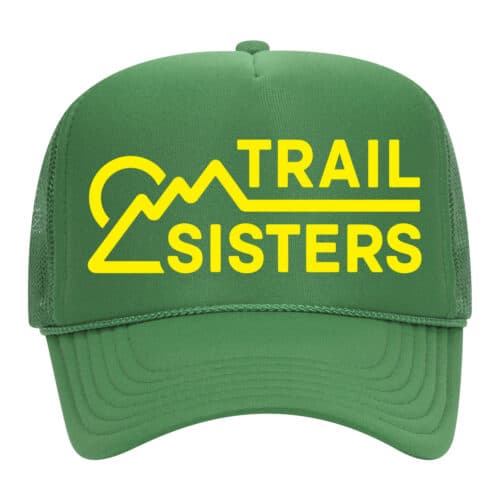
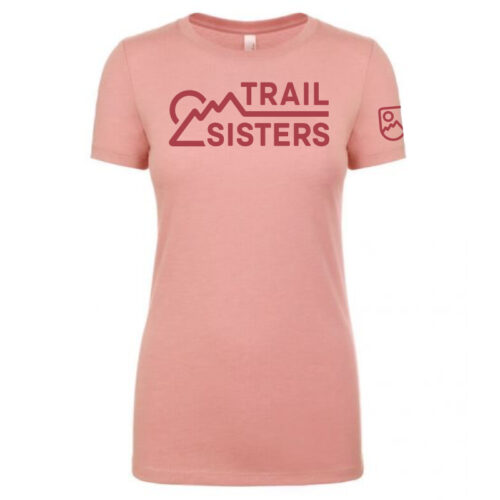
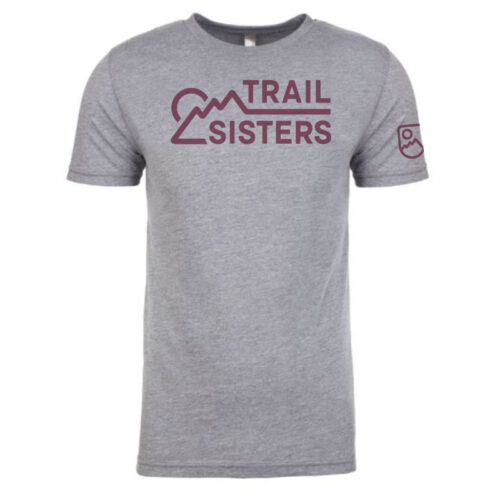
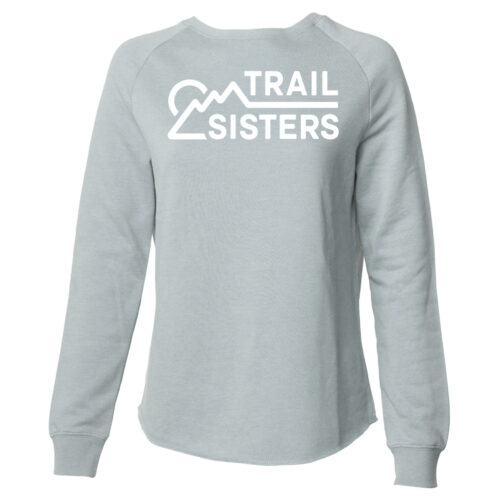
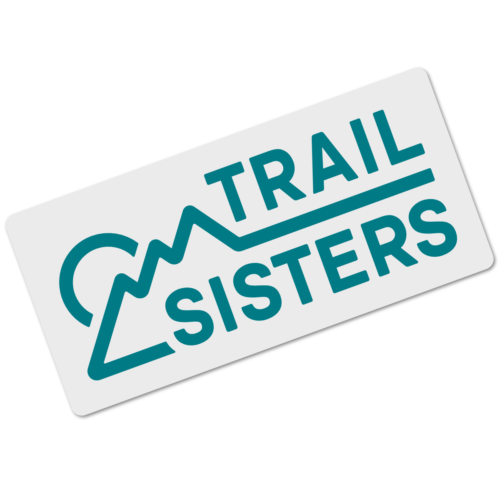

7 Responses
Love this! Great post. I’ve been lucky in this regard. In fact, I’ve had more Trail Misters ask ME for help or advice on the trails. haha
Someone once gave me the perfect response to this kind of situation. Look at the individual and say in all sincerity “Always nice to hear from an expert “. And then move on. You hear the sarcasm in your head and they hear the compliment. Win-win and you waste no further time.
I try not to get so negative with my thoughts during runs. Enjoy nature and the outdoors. There’s all kind of people on this world and it doesn’t sound like they had bad intentions or were acting in a prejudice way. Even in hot whether there’s no reason to carry more than a hand held in your situation. So u were right. They sounded like beginners trying to spark up a conversation with a pretty girl and failing at it. That’s all.
Nice article! This is a hot button for me and I don’t think it’s focusing on the negative being assertive and educating splainers that we’re competent. I think asking “if I was a man would you be saying these things to me?” Hopefully it fosters some insight and it’s not passive aggressive.
I once had a guy come up behind me while I was running a race. I had run up a small hill and then slowed to walk in an area because it was a banked mowed field with potholes that I was having a hard time seeing and I was babying an ankle injury. He told me I should walk the hills and run down. My response was “thanks ut I know how to run in my own body.” Then he stepped in a pothole and had to drop from the race…
Great article. I actually lost a good (but apparently criticism-sensitive) friend recently after gently suggesting that I didn’t appreciate his “explanation” of why my 20km race times were “stagnating” after I had trained all summer for a 90km ultra. He went on to explain that my goal was not to go faster to but go longer at a base speed, blah, blah, blah. I debated for a couple of days whether or not to say something (this was a really good friend with whom I regularly shared training advice, runs and even a couple of team races), but his comments made me feel so uncomfortable that I had to say something. He couldn’t handle the criticism and decided we could no longer be friends… 🙁
I have witnessed my husband be the receiver of trailsplaining too. In fact I think it was a big detriment to his performance at his first 50 miler (the ‘splaining came just before the race start). I’m wondering if the type of people who give the unwanted advice are seeking someone who they think are more vulnerable than them – women would be a (seemingly) easy target, but men could be too. It’s a way of showing dominance I think. They are trying to raise themselves or pump themselves up and not realizing they are doing so while trying to “lower” others. Despicable really. I think the answer is looking out for any of our fellow runners who are being ‘splained too!